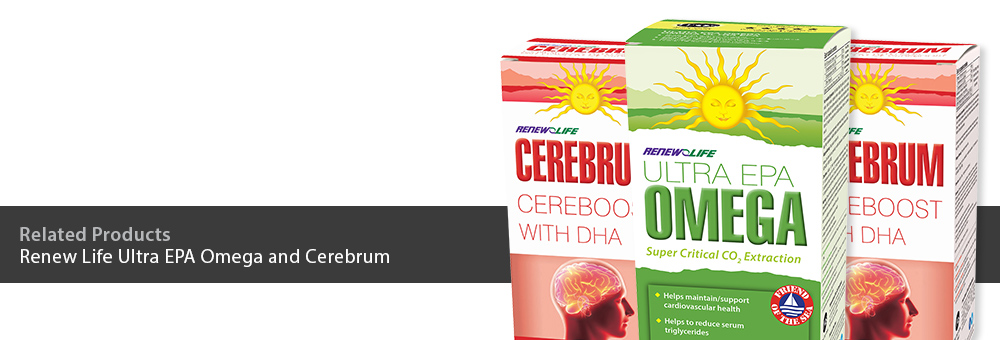

What You Need To Know About Omega-3
Omega-3 fatty acids (EPA and DHA) are essential for good health. The human body does not make these fatty acids on its own, therefore obtaining these healthy fats through diet or supplementation is key. The main food source of Eicosapentaenoic acid (EPA) and docosahexaenoic acid (DHA) omega-3 fats is fish, such as salmon, mackerel, anchovies, and sardines. Fish oils have been well-studied – with plenty of research showing the benefits for heart health, brain health, pain and inflammation.
Sadly, today’s average diet is packed with omega-6 fatty acids, yet deficient in omega-3. Omega-6 fatty acids are polyunsaturated fats that are found in everyday cooking oils and packaged food products. These include safflower, sunflower, soybean oil and corn oil. Unless non-GMO is called out on the label, buyer beware when it comes to these popular oils.
Simply put, we need more omega-3 in our diet. If we look back and evaluate what our ancestors were eating, their diet was nothing like the one we commonly see today. In the hunter-gatherer diet, the ratio of omega-3 fatty acids to omega-6 fatty acids was fairly equal or approximately 1:2. Although hard to believe, nowadays many people are consuming 25 – 30 times more omega-6 fatty acids than omega-3’s.
This imbalanced ratio (sometimes as high as 1:30 of omega-3 to omega-6) may be the reason why chronic health problems are on the rise in Canada. The number of patients I’ve seen in the last decade with inflammatory health conditions is alarming. The first stage of any treatment plan for these patients is choosing better quality cooking oils at home and avoiding GMO oils such as corn and soybean oil. I always encourage omega-3 rich foods such as organic eggs, dark green leafy vegetables (collard greens, kale and spinach), nuts/seeds, and deep water fish.
However, nothing compares to fish oil supplements.
In order to meet the daily requirement of essential fatty acids, one would need to eat lots of fish. Since our waters are polluted with heavy metals and other toxins, it’s best to look for other sources of omega-3 fatty acids, rather than rely on food sources alone.
Here’s what to consider when shopping for omega-3 supplements:
PURITY: Look for a supplement that comes from sustainable wild and unthreatened fish. It must be third-party tested for purity and free of harmful contaminants. The IFOS label, which stands for International Fish Oil Standards has some of the strictest standards in the world and means the product has met or exceeded international standards.
DOSAGE: Many healthcare professionals recommended a concentrated fish oil supplement with a minimum 1000 mg combined EPA and DHA daily. Since studies have shown that a higher therapeutic dose is necessary for certain health conditions, higher doses are often recommended – in some cases as high as 4000 mg per day for people with inflammation or cardiovascular disease.
DIGESTIBILITY: Since many people have difficulty digesting fats, look for a fish oil capsule on the market with added lipase to enhance the digestion and utilization of the beneficial oils. An enteric coated soft gel helps to improve the absorption of the omega-3 fatty acids while the lipase helps eliminate the unpleasant fishy after-taste.
Lastly, if you’re a vegetarian or avoid pork or beef for religious reasons, choose an omega-3 supplement with a soft gel that is naturally derived from fish. Many people are surprised to learn that supplements may contain beef or pork gelatin.
With the range of omega-3’s available on the market, there’s surely a formula that suits your individual health needs and goals. From supporting eye health to brain health to heart health, most people see benefit in taking this ‘super supplement’. Perhaps now you do too!
By Dr. Sara Celik, ND

